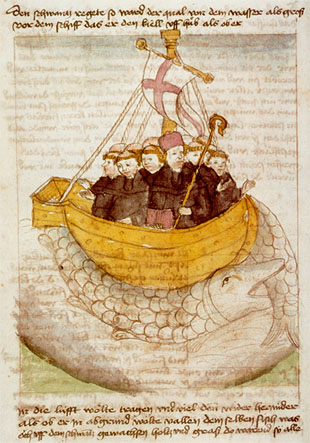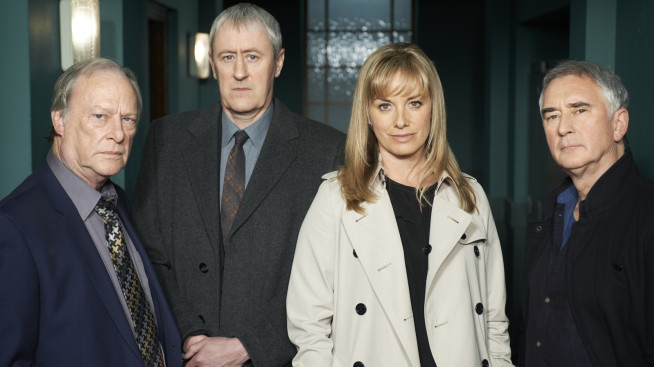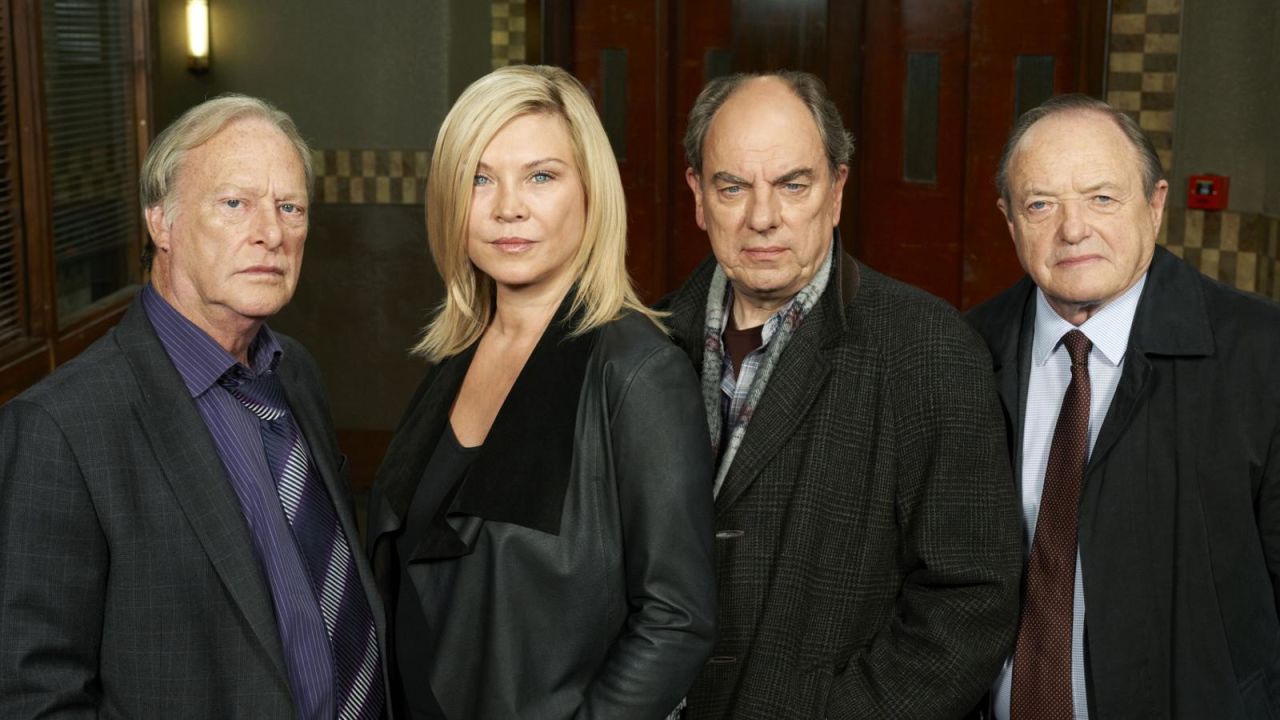New Tricks was camera-ready pretty much right out of the box. They established a framework, furnished it with familiar devices, and peopled it with a comfortably solid crew. And something unpredictable happened. The show got legs, yes, but the anarchic energies of the game team, or whatever was in the water, made for an eccentric orbit. This is immediately obvious in the chemistry between the four character leads, and the writing plays off this as the series builds on itself. It's a symbiotic process.
The premise is reasonably straightforward. A fast-track Detective Superintendent is given the job of recruiting a cold case squad for the Met. She lines up three retired cops, each with particular strengths and weaknesses. They are, in fact, past their sell-by date, and the tensions between the three older guys and their younger, ambitious boss are about gender, and generations, and not a little about style. Which makes for easy targets, on the one hand, but some quieter subtext, on the other. The show can be surprisingly dark, comic relief a way to depressurize. The pilot for New Tricks came on in 2003, the same year as the American series Cold Case. Cold Case, though, was pretty relentlessly grim. Also the American show used flashbacks as a regular feature, reconstructing what might have happened. New Tricks takes place entirely in the here and now, using only the POV of the detectives.
And part of the fun, on either side of the Pond, is the list of guest shots. Ooh, look, there's Patrick Malahide (Inspector Alleyn, Balon Greyjoy), or Clare Holman, from Morse, and Lewis, and Lewis himself, Kevin Whately, playing against type as a rather dodgy school headmaster. Jon Finch, Rupert Graves, Phyllida Law, Claire Bloom, Peter Davison, Anthony Head. Cherie Lunghi, Jane Asher, Victor Spinetti, Art Malik, Honor Blackman, Camille Coduri, Rita Tushingham, Sylvia Syms, Jenny Agutter, James Fox, Nicholas Farrell, John McEnery, Roy Marsden. Sheesh.
The scripts are very canny, and consistent. They have the satisfaction of good joinery, tightly fit and pleasingly shaped. The usual red herrings, and the least likely, but the stories play fair. The procedural and the personal are interleaved, and they inform each other. The funny stuff surfaces in unlikely places, too, catching you with your guard down. Dennis Waterman's Jerry, who fancies himself something of a ladies' man: "I used to have a thing for older women." Amanda Redman's Sandra: "And now there aren't any." (The exchanges between the two of them given a slight extra edge by our behind-the-scenes knowledge that they were briefly an item themselves, back in the day.)
The show ran its course. At mid-point, it was one of the most-watched series in the UK. But after eight seasons, James Bolam left, and Alun Armstrong and Amanda Redman hung up their spurs after season ten. Dennis Waterman lasted into the opening episodes of season twelve, and then he too turned in his badge. New Tricks folded.
The lesson here isn't about losing stamina or overstaying your welcome. The lesson is about how they got it right in the first place. We know it's not as easy as it looks. Part of it's luck, part of it's having good material, part of it's showing up on time. The writers, the cast, the production values. They knew they were onto something, and it shows. What it is, is heart. They delivered.








































